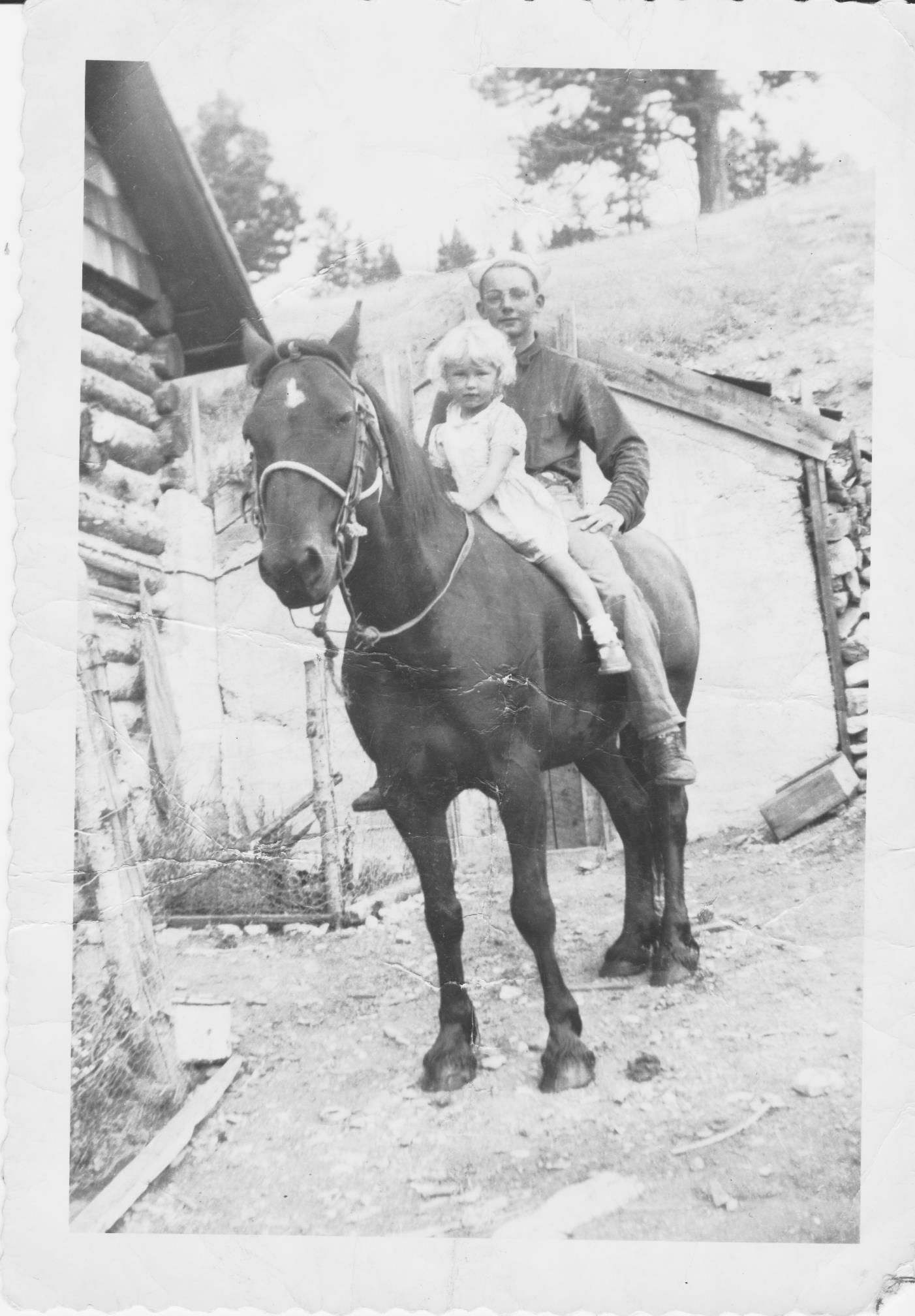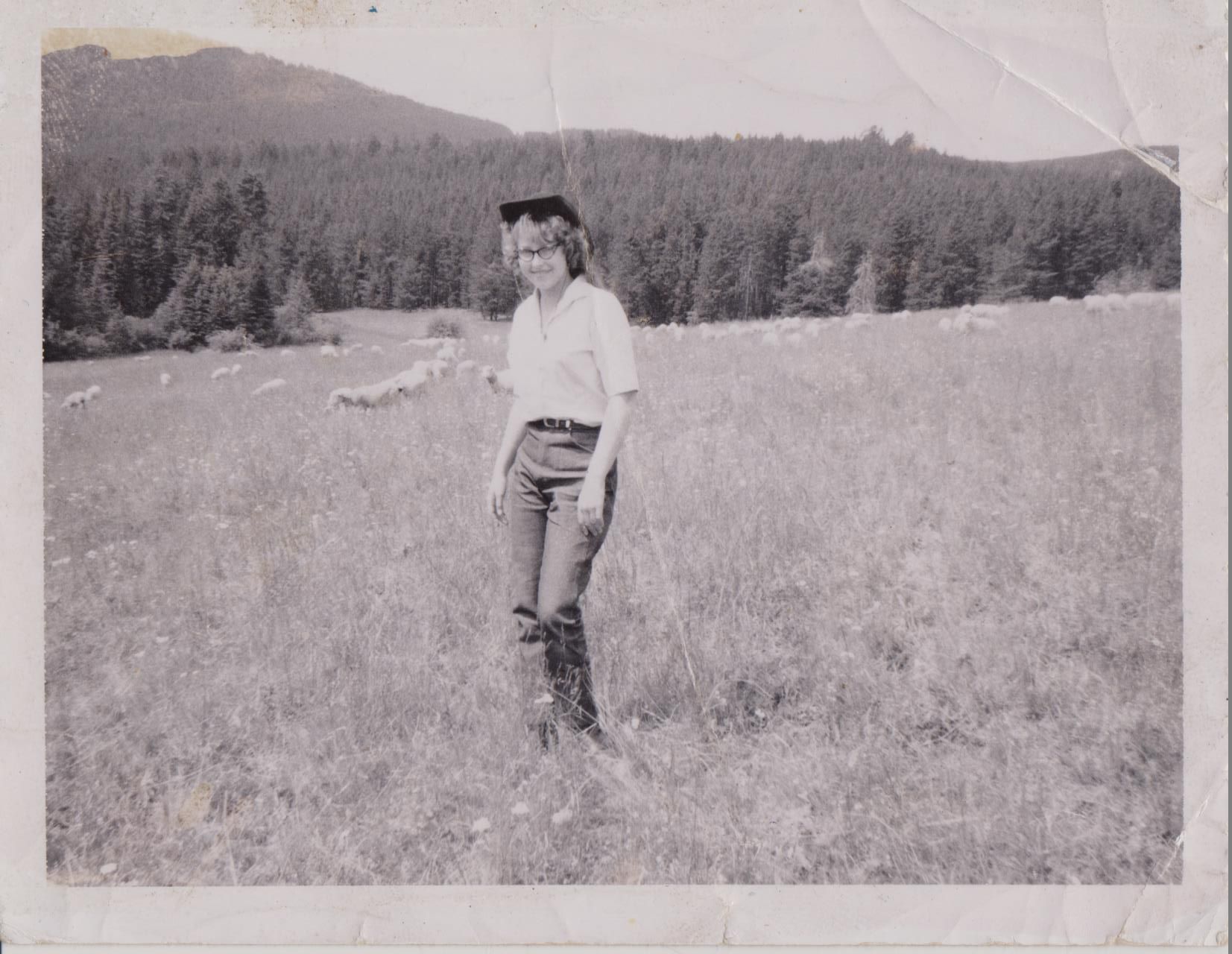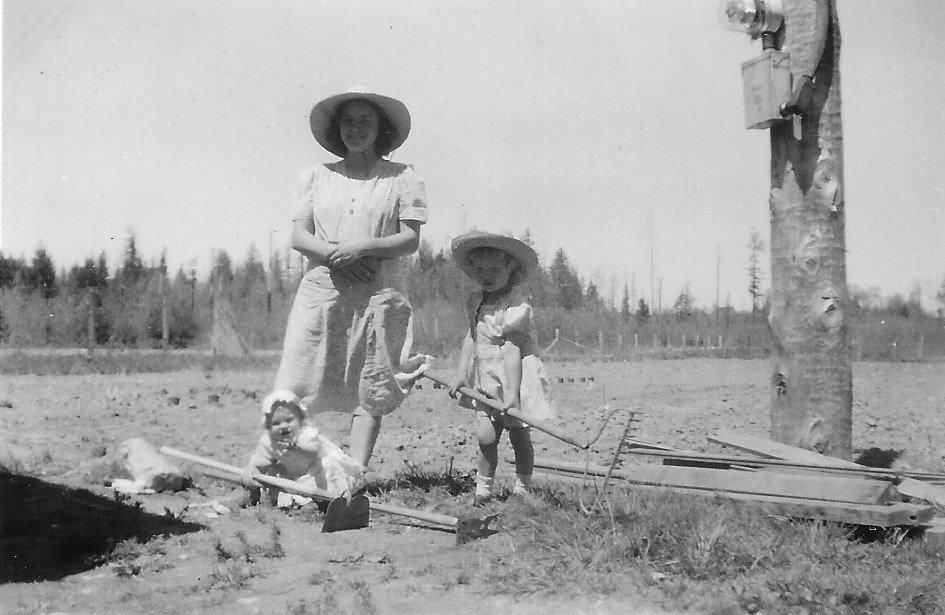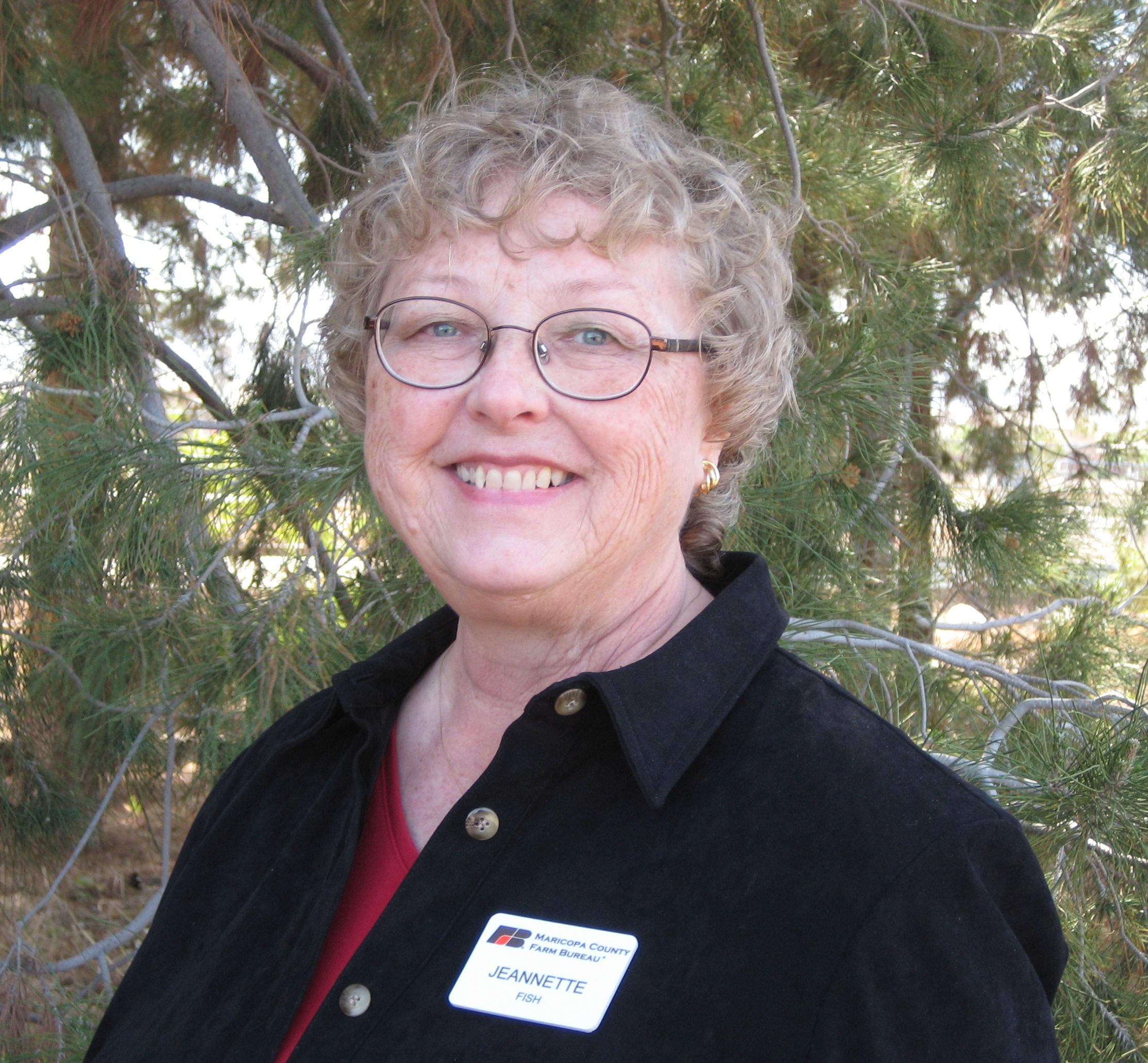Meet Arizona Agriculture’s Jeannette Fish
Author
Published
9/25/2018
Jeannette Fish was no stranger to Farm Bureau when she moved to Arizona at the end of 1997. She had already spent more than three years as the Director of Media Relations for Ohio Farm Bureau. However, Arizona Farm Bureau did not have an opening in the public relations area, so she became administrative assistant to Arizona Farm Bureau’s Chief Administrative Officer Andy Kurtz, with additional responsibilities in the Women’s Leadership and Young Farmers & Ranchers programs. She arranged for Ronald McDonald to arrive at Ronald McDonald House in Kevin Rogers’ tractor to mark Food Check-Out Day in 1998 (though she notes that they learned later that this ride was against the rules for Ronald McDonalds!)
After a 9-month stint with Arizona Cattlemen’s Association and Arizona Beef Council doing public relations, Jeannette was hired in the spring of 1999 as the Executive Director of Maricopa County Farm Bureau, where she served for more than 16 years. During those years she worked to serve the four missions of Farm Bureau – government relations, agricultural education, leadership development, and member benefits.
She has worked on behalf of the members on the PM-10 issue to the point that she was officially named the “Dust Queen.” She spoke up to tell county, state and federal regulators when demands they were proposing were unreasonable. On the other side, she organized educational workshops for growers to explain what the new PM-10 rules required. Nearly every issue of the county newsletter, “Growing Maricopa” has carried an article about PM-10.
Members have called on her when the County Assessor denied agricultural valuation for properties; when cities passed rules that hampered farm transportation or normal agricultural practices; when police departments ticketed farm equipment for not having license plates, which obviously are not required; when zoning regulators made unreasonable demands; when delineations of future highways would take farmland, and many more. She was invited to sit on several government advisory committees to represent agricultural interests.
She brought new leaders to run for positions on the county Farm Bureau Board of Directors and to serve on committees like the Commodity Advisory Committees. Nineteen of the 22 members on last year’s board are new to the board since 1999 and several others have served in the interim.
She went into schools to teach kids about agriculture. She developed the lesson called “How to Grow a Pizza” to teach kids that everything on their pizza – in fact, nearly everything they eat – started out growing on a farm or ranch. She “manned” educational events from Arizona Agriculture Day to Farmer in the Field. She worked on the Summer Agricultural Institute organizing committee for 17 sessions.
She administered the affairs of the organization and organized events from Farm-City Breakfasts to the annual meeting, and plenty in between.
For dedication and service to Maricopa County farmers and Farm Bureau over the past 20 years, Jeannette Fish received the Distinguished Service to Agriculture award from Maricopa County Farm Bureau and also Arizona Farm Bureau in 2015.
Arizona Farm Bureau’s Ongoing Series of farm and ranch families.
Interview with Jeannette Fish of Phoenix, Arizona.
Tell us about growing up on a family farm : I grew up on a small farm in western Washington state, where we grew some small grains, a few

Jeannette and her uncle on the horse: Yes, her grandparents lived in a log house. "The ranch was started as a homestead in 1917 and Grandpa and Grandma scrimped and saved to buy up the failed homesteads around them to make a 2,000-acre ranch. The house was on one of those claims they purchased. It was much larger and warmer than the log cabin they lived in when my mother was born in 1924," explained Jeannette.
How’d You
In both media reporting and Farm Bureau, I became fascinated with agriculture and all the thousands of learning experiences it offers. There is something to learn every day.

Jeannette worked on the Montana ranch the summer before her senior year in high school.
When our family moved to Arizona at the end of 1997, I served briefly as an executive assistant to AZFB CAO Andy Kurtz, with additional duties supporting the Women's Leadership Committee and the Young Farmers and Ranchers. In the spring of 1999, Maricopa County Farm Bureau chose me to be their next executive director and I served there until I retired in September 2015.

On the farm, we started work at an early age. Baby sister Marilyn, Mom Anna Fish and Jeannette (with a rake) preparing to plant the huge garden.
From your perspective, why is Farm Bureau so important? Farm Bureau is important today perhaps more than ever before because continuing rampant urbanization throughout the country leaves the citizenry further and further removed from the source of their food and unaware of the challenges of food production, leaving them subject to mass misinformation. Because of this, legislators at all levels are inclined to adopt
Combatting misinformation almost instantly will continue to be a challenge. Our side of the story needs to be solidly, provably factual but responsive to the news cycle in which the misinformation is disseminated. Land use regulation -- the failure to recognize agriculture as the best use for some lands -- and environmental regulations with ever-increasing standards will continue to challenge Arizona agriculture. "One size fits all" regulations do not fit anybody! The seemingly unsolvable labor issues tied to immigration show no sign of resolution as of this writing.

Jeannette Fish
Talk about what’s changed in agriculture and specifically Farm Bureau: In my 20 years with Farm Bureau, I saw major changes and challenges in communications with members as the organization transitioned to social media and e-mail, largely replacing print newsletters to the membership and meeting notices sent through the mail. The transition was far from immediate because of lack of access to digital media by some of the membership but changes continue. At the same time, social media created instant communication with some members of the public.
With the continued sale of farmland and population increased to more than 4 million in Maricopa County, the membership picture changed significantly during my tenure. When I started in 1999, Maricopa County Farm Bureau had 75% agriculture members and 25% associate members. By 2015 it was 10% agriculture members and 90% associate members.
In my 16 years with Farm Bureau in Arizona, I saw the retirement of two CAOs -- Andy Kurtz and Jim Klinker -- and two presidency changes -- from Ken Evans to Kevin Rogers and from Kevin Rogers to Stefanie Smallhouse. No, wait. the last change took place after I retired!